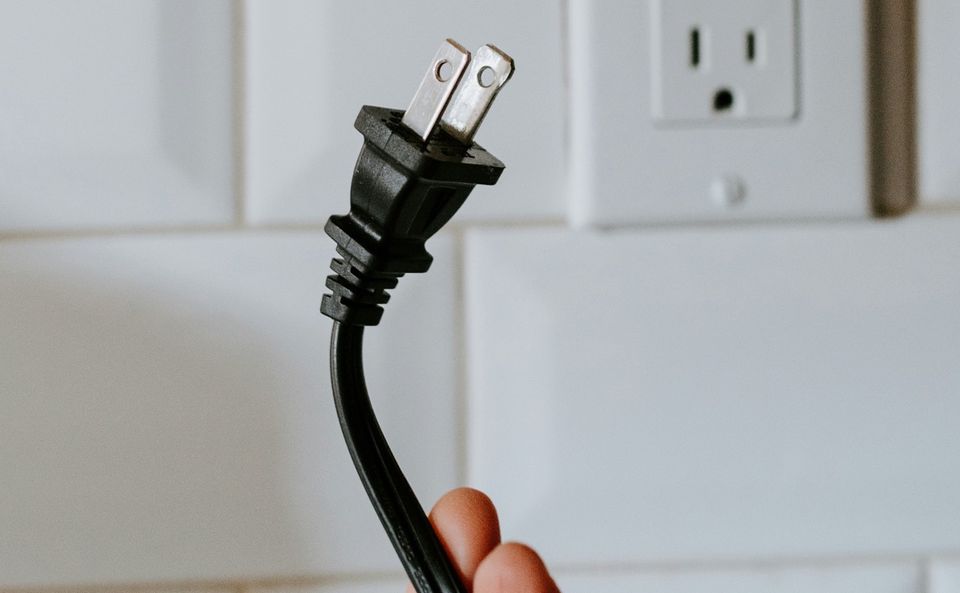Unplugging after work

How to switch off from work?
As developers, we have many creative problems and deadlines competing for our attention, which makes it incredibly difficult to switch off from work. However, disconnecting from work and taking time for yourself is crucial for avoiding burnout and your work performance.
Turning off that work mode is even harder when you are:
- Working remotely
- Working in a high-stress environment on critical projects
- Hearing a lot of news about layoffs going around
- Determined to give your best for a project and leave no stone unturned
Follow these 3 advices to effectively switch off from work and grow higher in your career without compromising personal life.
1. Physically separate work from personal life
In a traditional office, the physical separation of home and work creates a natural boundary between professional and personal life. However, in remote work, this boundary blurs. Your home, a place traditionally associated with relaxation and personal activities, doubles as your workspace. This overlap can make it difficult to mentally switch off from work tasks, as the environmental cues that usually signal the end of the workday are absent. Furthermore, the flexibility of remote work, while advantageous, can lead to extended work hours, as the distinction between 'work time' and 'personal time' becomes less clear. This situation demands more conscious effort to establish and adhere to boundaries that separate work life from personal life.
So create a separate space for work. It can be a dedicated home office or it can be a corner in your living room with a separated by curtains if you're budget constrained. Make it a habit to work from that space only, but nowhere else.
2. Change the mindset
Understand that more work does not equal better performance. As developers, we often feel like we need to keep pushing ourselves to do more. But research shows that working longer hours has diminishing returns - and can even make your work worse because of burnout. Set healthy boundaries for yourself instead of equating your self-worth with output.
Recognize that taking breaks actually boosts productivity
Our brains need time to recharge in order to function at a high level. Taking regular breaks - whether it's during the workday or evenings/weekends - gives your subconscious a chance to solve problems. You'll return feeling more inspired.
Stop striving for perfection
Many developers are perfectionists, which makes it hard to pry ourselves away from work. Try to curb that inner critic driving you to endlessly refine something. Learn to appreciate work that's "good enough" rather than chasing perfection.
Don't let work bleed into all life's domains
Be intentional about preserving parts of your life just for you and your loved ones, like family dinners or date nights. Don't let work take over your whole sense of identity.
Value relaxation
Instead of feeling guilty for not being productive, appreciate rest as an end in itself. Give yourself permission to relax without worrying about tasks left undone. You deserve time to just unplug and recharge.
Making these mental shifts takes practice, but they enable you to step away from work and prevent burnout. Experiment to see which mindset changes resonate most with you!
3. Journal
Journaling is a therapeutic habit that more developers should adopt in their daily routines. Spending just 10-15 minutes writing after you log off from work can yield valuable mental health benefits:
Get thoughts out of your head
Use the journal to dump all the thoughts about work projects and to-do lists that may be stuck in your brain, cluttering your mind. Empty them onto paper so your mind can be freed up.
Process your emotions
Reflect on not just the tasks of the day but also the emotions you felt. Did you feel stressed about a deadline? Anxious during a deploy? Frustrated by bugs? Get those feelings onto the page.
Log personal accomplishments
Intentionally shift your focus to highlight 3-5 things you accomplished or did well at work that day. This gets your mindset away from negative ruminations.
Plan Ahead
Spend a few minutes outlining what you’d like to achieve tomorrow. This provides closure on the day and sets you up intentionally for the next.
By journaling for 15 minutes or so after you’ve logged off for the day, you process the mental leftovers from work. This helps compartmentalize work, leave it behind for the evening, and start fresh the next day. The simple ritual of journaling helps train your brain to switch modes.
Do not underestimate the power of writing as part of your wind-down routine. Journaling is more than a diary; it's a tool for mental clarity and work-life balance, especially crucial for remote developers who work where they live.
Keep a work journal handy and make reflection a habit. Your mind and body will thank you! You can use a physical diary or a digital diary whatever works for you.
Developer Diary helps with all these journaling needs, available as both digital version as well as physical notebook.



Member discussion